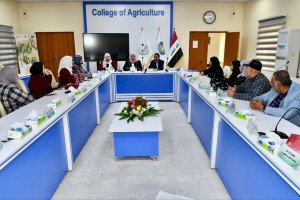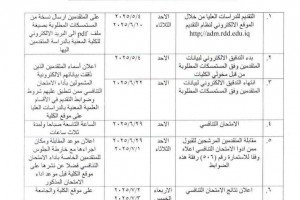
A master's thesis at the College of Agriculture at the University of Basra examined the preparation of protein hydrolysates from fish waste, testing their antioxidant and antimicrobial efficacy, and their application in diets.
The thesis, presented by researcher Alaa Jabbar Latif Jaber, included the preparation of protein hydrolysates from the internal organs of samtie and nuwaibi fish using the enzymes papain and flavorzyme, testing their antioxidant and antimicrobial efficacy, and their application in beef patties.
The thesis included the preparation of protein hydrolysates from fish viscera using two enzymes. The chemical content of the viscera was estimated, and the thermogravimetric decomposition and amino acid profile of the protein hydrolysates were studied. The antioxidant potential of the protein hydrolysates was assessed, along with their functional properties. The antibacterial inhibitory activity against Streptococcus aureus and Escherichia coli was also assessed. The protein hydrolysates were used in beef patties, and the chemical and microbial parameters of the meat patties were monitored.
The study concluded that the use of protein hydrolysates improved the quality of beef patties and helped extend their shelf life in refrigeration.
Department of Media and Government Communication / College of Agriculture








